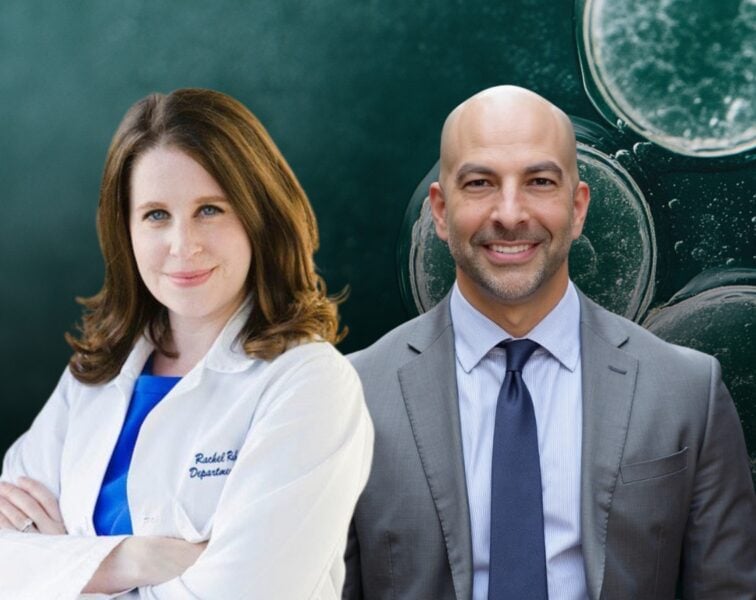Guest Episode
Women’s sexual health, menopause, and hormone replacement therapy (HRT)
Guest Episode
Scaling biotech and improving global health: lessons from an extraordinary career in medicine
Guest Episode
The evolving role of radiation: advancements in cancer treatment, emerging low-dose treatments for arthritis, tendonitis, and injuries, and addressing misconceptions
Guest Episode
The relationship between testosterone and prostate cancer, testosterone replacement therapy, and tools for predicting cancer aggressiveness and guiding therapy
Premium Article
Do high protein diets increase cancer risk?
Podcast Episode
Liquid biopsies for early cancer detection, the role of epigenetics in aging, and the future of aging research
AMA
Cancer screening: pros and cons, screening options, interpreting results, and more
Guest Episode
Journal club with Andrew Huberman: the impact of light exposure on mental health and an immunotherapy breakthrough for cancer treatment
Guest Episode
Breast cancer: how to catch, treat, and survive breast cancer
Guest Episode

























